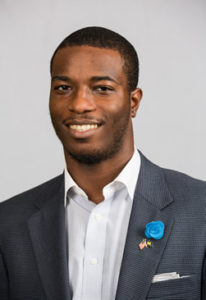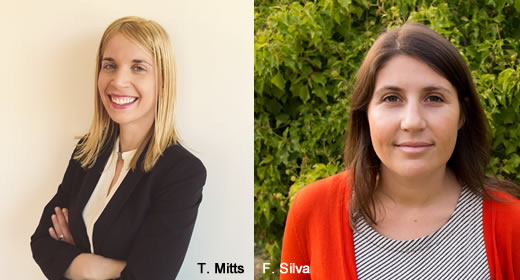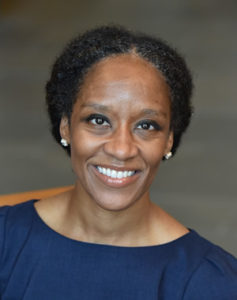
Quick: what are the first three adjectives you associate with academic journals? Yes, you.
Dry? Repetitive? Stale? These might be stereotypical — and downright mean too, I suppose — but I can’t say I didn’t once view academic journals in the same way. Academic journals are made for academics clearly, hence the name. But even academics, in a world where their time is especially precious, need to be sold on why reading these journals is a good investment of their time. I can’t tell you the amount of journals I’ve been given at symposiums and conferences — journals within fields I typically find fascinating — that I’ve only glanced through once. And glance might be too strong of a word. This might be more an indictment on myself than the academic journal format; I’m sure Dr. Du Bois would roll his eyes at my inability to focus. But, I think this is a fundamental question any successful organization must answer: why us? What is our ultimate goal? And, most importantly, what have we done, what are we doing, and what are we planning to do to maintain our relevancy?
I have no illusions about changing how academic journals are formatted, but I do think organizations can be much more innovative in their communications and outreach efforts. I’m sure there are plenty of journals who aren’t lacking for submissions and readership, but journals trying to establish a foothold within these academic communities need to think more outside-the-box about ways of proving their appeal, and their significance. My first year at Ford, way back in 2014, I flirted with the idea of submitting a piece for our journal, the Michigan Journal of Public Affairs (MJPA), but ultimately I balked. I had way too many questions, some admittedly superficial, but I think it boiled down to a question of value: Is this a good investment of my time?
From my perspective, our journal is massively undervalued. We’re one of the top policy schools nationally at one of the country’s greatest public institutions, and we’re looking to Harvard and Princeton for advice? This isn’t a shot at either of their universities or their respective policy journals; I am simply in disbelief that we’ve yet to leverage our access to Michigan’s strong academic and research brand to make MJPA one of the largest policy-based journals in the country. The interest is definitely there: just last year, MJPA received 22 submissions from over a dozen schools. But there’s not a doubt in my mind that number can grow even larger.
To that end, I joined the MJPA executive board this year as its Communications Director (be the change you’d like to see, I know). So far, I’ve only done rudimentary stuff: when our executive board took over, the journal only had a Facebook page; since then, I’ve launched a Twitter, Instagram, and Snapchat to capture and broadcast more “exclusive” content. What “exclusive” means, I’ve yet to determine, but I do think it’ll be cool to grant more access into the machinations of how these journals come together. It doesn’t take much for things centered in academia to become stodgy, or at least perceived as such. I know the planning process for Volume 15 of MJPA will be a blast; I’ve had so much fun working with the rest of the executive board (hey Olivia, Kristina, and Will!), and we’ve picked a phenomenal group of editors and contributing writers who will not only help facilitate this process, but make next year’s edition even greater. This is supposed to be a hobby! Why aren’t we showing off some more?
I see great things in the future of the Michigan Journal of Public Affairs, and I’m grateful for the opportunity to help with its advancement. If you’d like to check out Volume 14, visit our website, and follow all our new social media pages too! (@fsppmjpa, if you’re looking.) I’m prepared to be slightly obnoxious with promotion, but only because I truly believe MJPA has value within academia. I definitely wouldn’t be writing this blog post if I didn’t.


 As I begin my new role as the inaugural Diversity, Inclusion and Equity Officer/Lecturer III, I am thrilled to be here and to work with you in this new capacity.
As I begin my new role as the inaugural Diversity, Inclusion and Equity Officer/Lecturer III, I am thrilled to be here and to work with you in this new capacity.